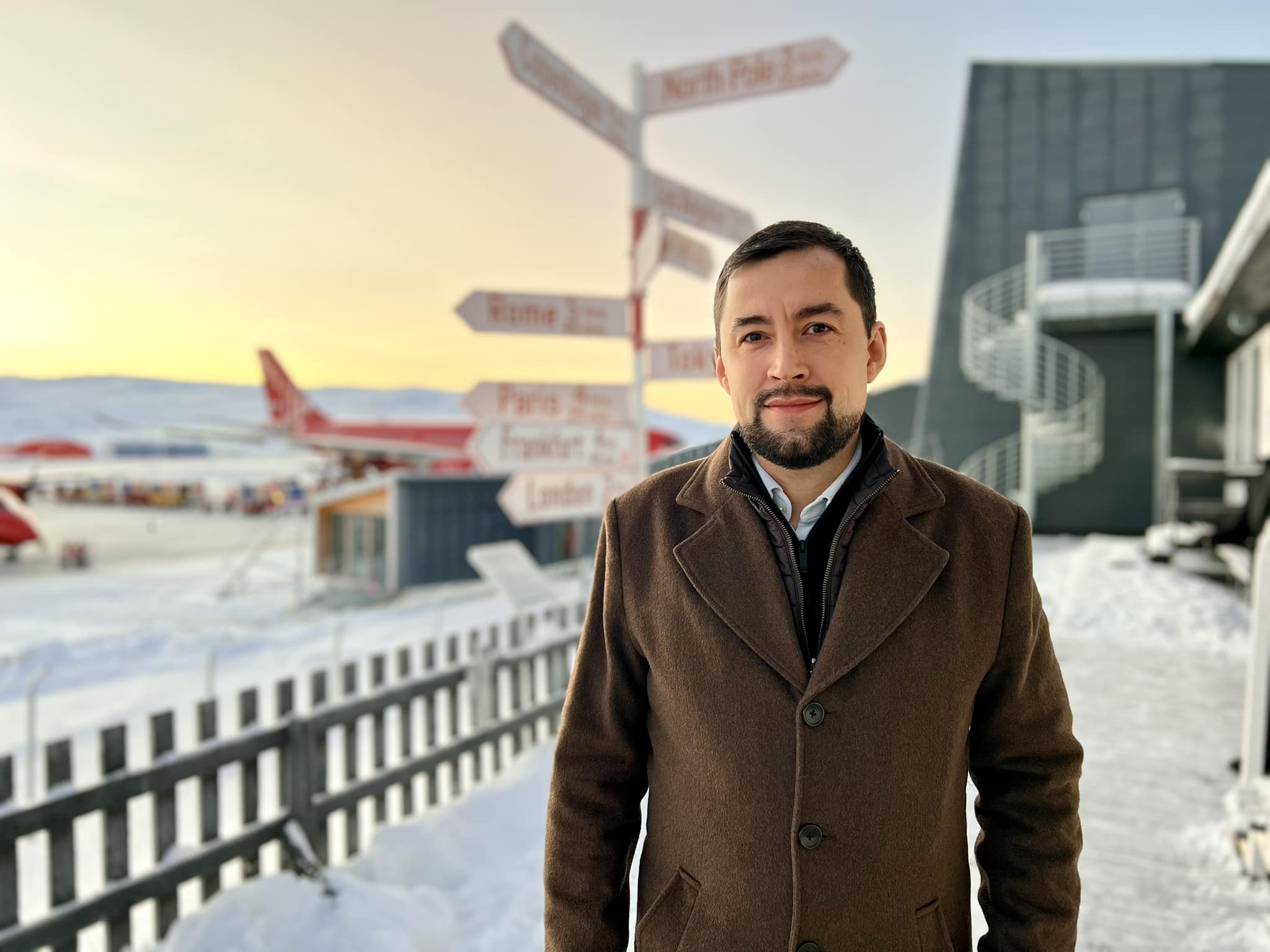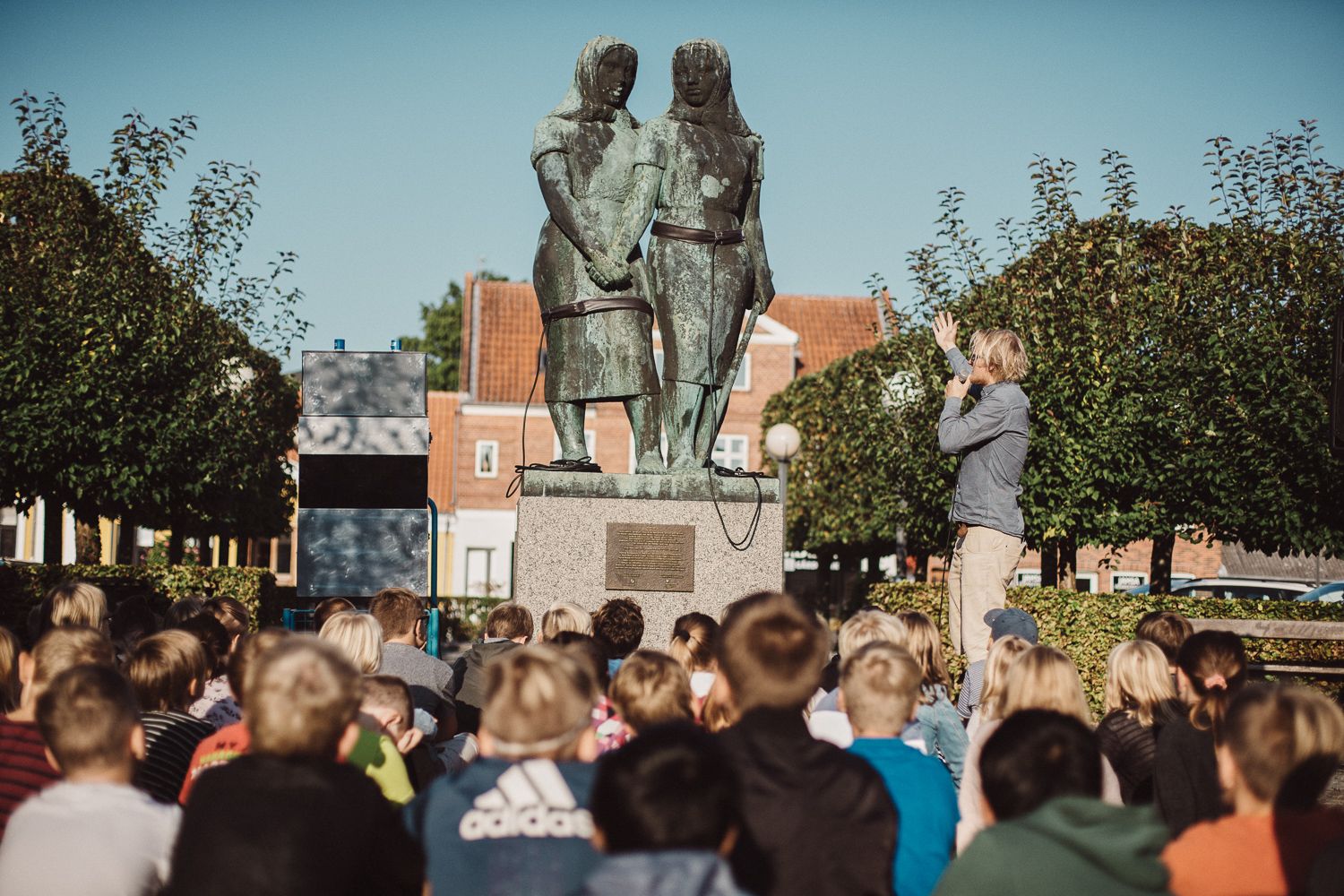The good news for consumers today is that private sector wages increased by an average of 1.4 percent last year, according to new figures from Statistics Denmark. The bad news, is that prices increased by 2.3 percent last year, marking the third year running that you can buy less with your salary than you could the year before.
“We would have to go back 30 years to find a comparable period,” Frederik Pedersen, a senior analyst with AE, an economic think tank with ties to labour unions, told Politiken newspaper.
In the early 1980s, the country was dealing with the aftermath of the second world oil crisis and purchasing power dropped each year between 1980 and 1984. Things began to turn around in 1985.
Purchasing power, what economists call ‘real wages’, rose steadily from the mid-80s until the beginning of the current economic slowdown.
“On average, real wages have increased by 1.1 percent since the 80s and from 1990 until the crisis set in, employees enjoyed an uninterrupted period of rising real wages,“ said Pedersen.
Petersen added that a decline in real wages is not universally negative.
“It is not very conducive to consumer spending for people to lose purchasing power,” he told Politiken. “But a drop in wages makes it easier for Danish companies to compete with foreign companies.”
The rising costs of fuel, energy, taxes, alcohol and tobacco helped keep consumer prices high. The price of household items like milk, cheese and eggs have also gone up, while the cost for staying at a hotel or going out to a restaurant jumped by as much as 4 percent.
A tax on fat, implemented last year, also drove up the price of some food products. It has been eliminated, while a proposed tax on sugar, which had threatened to make food prices even more expensive, has been shelved. Economists, however, say it remains to be seen whether the savings will be handed back to the consumer.













